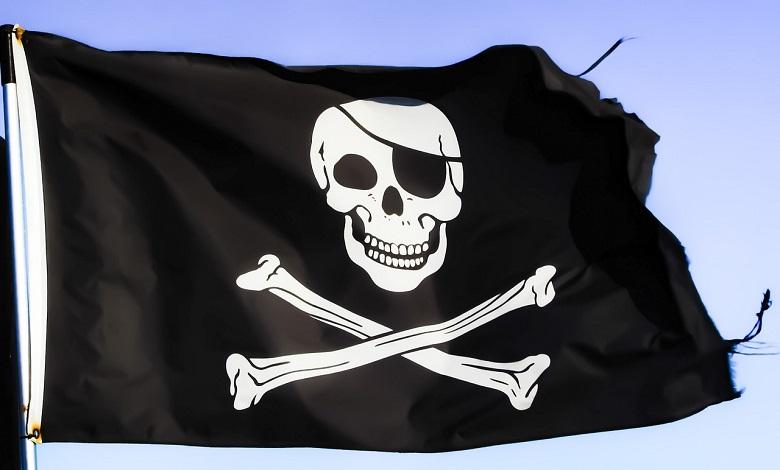In the eyes of Europeans, pirates are criminals and looters, but black African slaves see them as their liberators. That also proves the saying: “One man’s terrorist is another man’s freedom fighter”. The pirates did not intend to make the world a better place, but strangely enough, they did.
During the golden age of piracy (about 1650-1730), people under black flags raided and looted ships in the Caribbean Sea. We remember them as cruel people who were stealing and wreaking havoc in the lives of Europeans.
But on the other hand, the pirates were something completely different. The new world they tortured was full of slaves, and many of the ships they attacked were filled with African slaves. For the Africans on these ships, the pirates were not just criminals, they were liberators, and they proclaimed a better life.
These five ways which reveal how pirates dislike slavery
1. Pirates aimed at slave ships
Pirates do not just attack any ship that they see. When they raided ships, they did it for profit, so they chose those that were worth their time. However, no type of vessel was a more serious target for pirates than slave ships.
The pirates did not entirely focus on the rights of African slaves; they just needed ships. Slave ships were handy to the pirate crew. Usually, they were not only large but also fast, giving them plenty of room to maintain and feed their team.
The most famous pirate ships captured in history were slave ships. ‘Blackbeard’s Queen Anne’s Revenge and Samuel Bellamy’s Whydah were stolen from slave traders and turned into terrible pirate ships.
2. Sea shanty began as song of Slaves
All the sea chanties that we associate with pirates, in fact, have to be associated with something else: black slaves. One theory is that sea huts would never exist without the power of African music.
Some scientists argue that some parts of sea chants seem to have been borrowed from African songs. This is more than just similar sounds; some of the early sea shants actually use the pidgin language of the early African slaves, suggesting that they may have been written by Africans or adapted from their music.
The multiracial crews aboard these ships believe they would invent sea shants through collaboration. The Africans on board were singing while they were working, and the white crew members, when they heard them, began to remake their songs into their own.
3. Pirates released slaves
When the pirate crew captured the slave ship, they received a completely new team. Often they would go down to the lower decks, free the slaves, and encourage them to join. This did not always happen. Some would simply make the Africans their slaves, and some would make it worse. Black Bart, for example, once burned alive 80 slaves inside a ship.
However, his cruelty was an exception to the rule. Most pirates tried not to kill anyone if they could and did not try to sell human cargo. The pirates were criminals, and it was difficult and dangerous for the perpetrator to sell himself to a slave trader, so they often simply let the African slaves join their crew.
Runaway slaves would also become pirates. Early days of slavery, many slaves fled. Some of them joined the Maroon communities of fugitive slaves who were rescued while hiding in the mountains. Others, however, instead met with pirate teams and joined life at sea.
4. Voting rights were given to slaves
Pirate captains were not dictators. The only time they had complete command over their team was during the raid. At the rest of the time, the ship was governed democratically, and everyone on board the vessel had a say in how it was controlled.
Captains were elected, and each member of the crew was given the right to vote. They would also write articles with strict rules on how to live together and how to punish the violators. This implies that in the 17th century, there were free and equal, and voted for their leaders, but only on pirate ships.
Slavery prospered after Golden Age of Piracy ended.
Pirates really did matter. The economy of the slave trade was undermined by pirate raids. Shipping slave ships to the New World became incredibly dangerous and expensive, and pirate raids turned slave traders’ lives into hell. Slavery in the New World didn’t stand a chance until the pirates left, Markus Rediker said.
According to some, the golden age of piracy ended when the Black Bart pirate died. Within ten years, slavery flourished, and England had more slaves than any other country in the western world.
Pirate raids on slave traders and their ships were the only things holding back the slave trade. Once they got out of the way, slavery came into full force.
